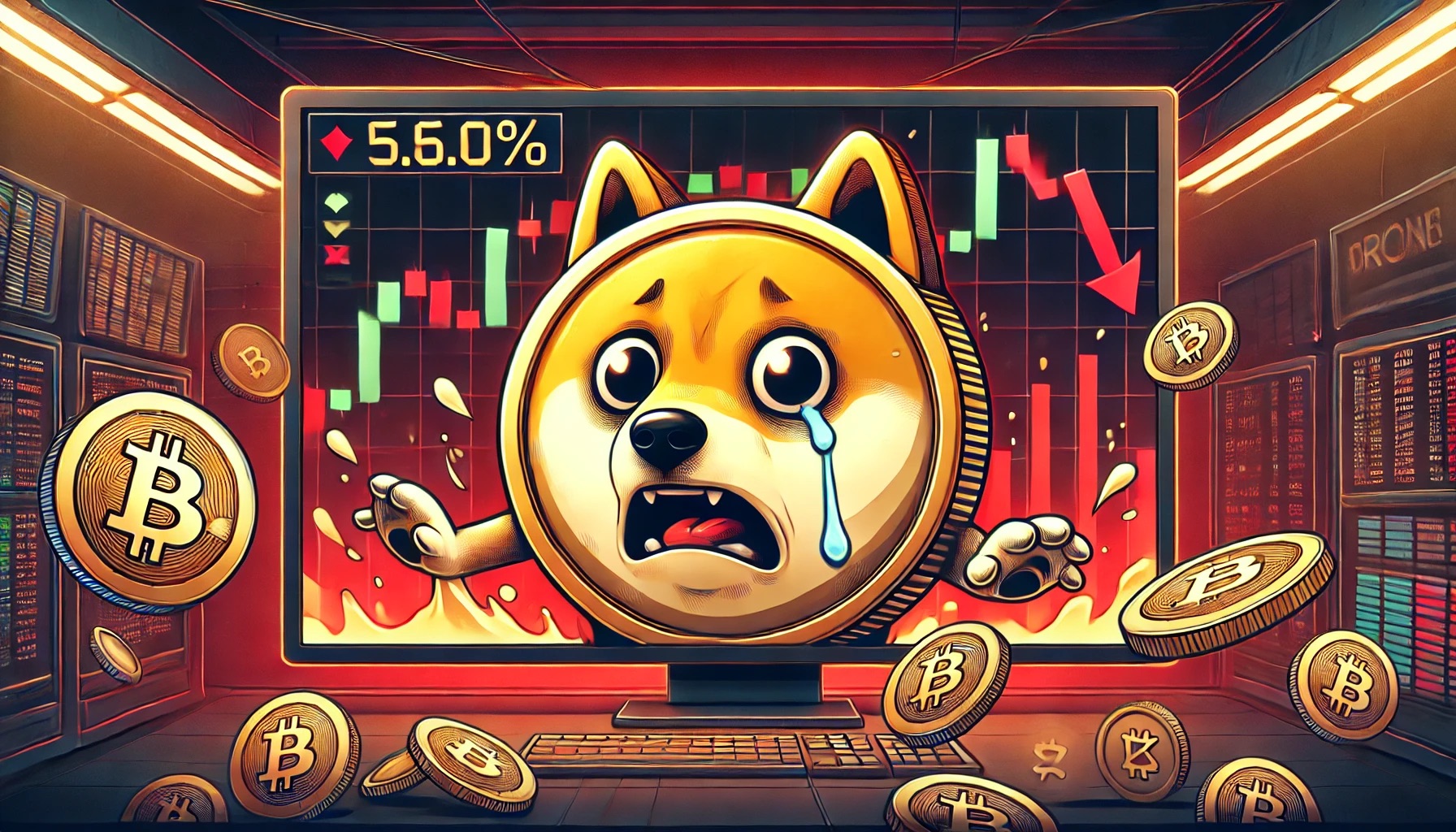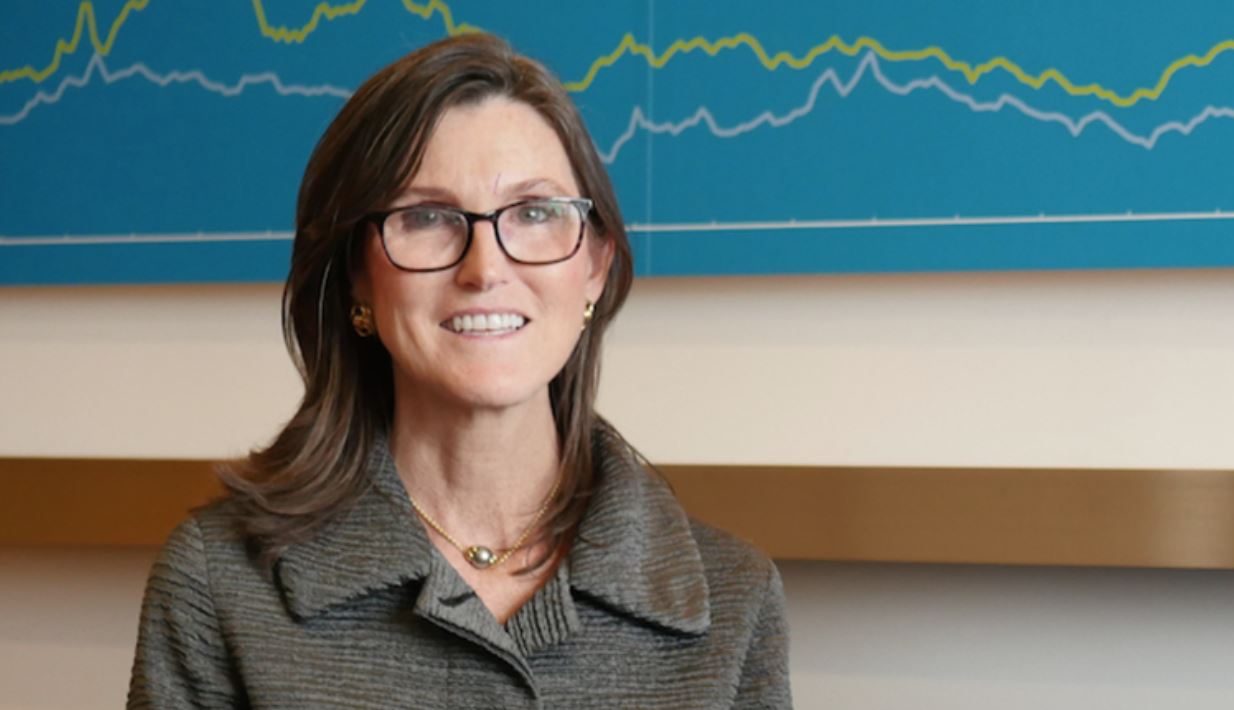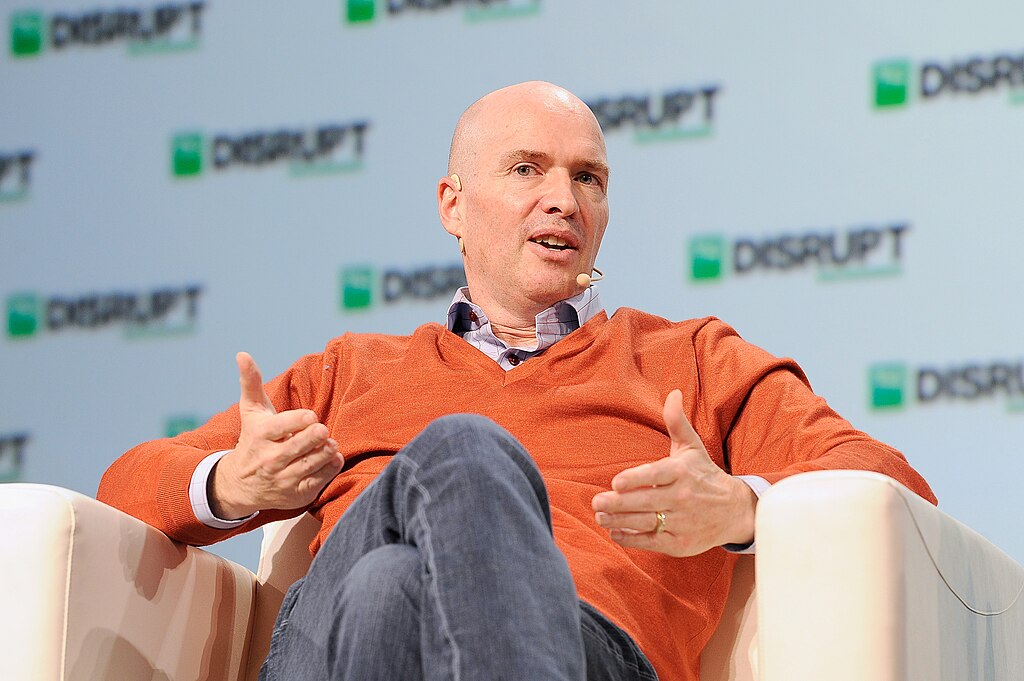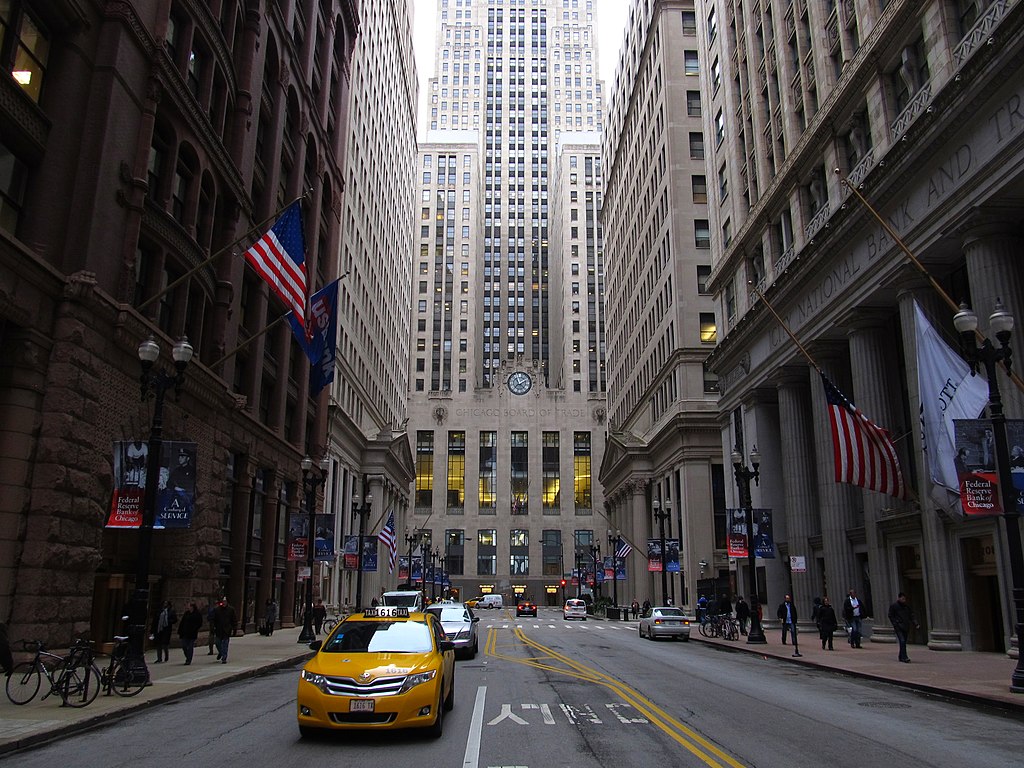A recent survey conducted by banking giant JPMorgan found that most institutional traders are hesitant to invest in cryptocurrencies in the foreseeable future.
The survey, part of the bank's 2024 e-Trading annual survey, gathered insights from over 4,000 institutional traders worldwide, shedding light on upcoming trends and industry sentiments.
Blockchain Enthusiasm Wanes, AI Takes Center Stage
Contrary to previous years, where blockchain technology held considerable sway in traders' minds, the latest findings indicate a shift in focus.
While blockchain was once seen as a frontrunner in shaping the future of trading, with 25% of respondents in 2022 considering it influential alongside AI, its prominence has since dwindled. In 2024, a mere 7% of traders viewed blockchain as a significant force, while AI and machine learning took center stage, capturing the attention of 61% of participants.
The diminished interest in blockchain coincides with a broader trend observed in the cryptocurrency sector. Following the exuberance of 2021's bull market, the subsequent crypto winter saw a cooling-off period marked by bankruptcies and market turbulence, dampening enthusiasm among traders.
Gradual Recovery Amidst Institutional Interest
Despite the overall caution surrounding cryptocurrencies, there are signs of a modest uptick in institutional involvement.
According to Coin Desk, the survey noted a slight increase in active institutional traders in the digital currency sector, with 9% currently engaged in crypto trading, up from 8% in the previous year. Additionally, 12% of traders agreed to venture into crypto trading within five years.
JPMorgan's CEO Jamie Dimon, actively involved in digital assets, remains skeptical of cryptocurrencies. In January, Dimon likened Bitcoin to a "pet rock" with limited utility, advising against involvement in the asset class.
Macro Concerns Loom Large
According to Bnn Breaking, looking ahead, institutional traders are closely monitoring macroeconomic factors that could sway market dynamics.
Inflation, the U.S. election, and recession risks emerged as the top three catalysts identified by survey participants, highlighting the broader economic context shaping trading strategies in 2024.
Photo: Scott Graham/Unsplash



























Comment 0